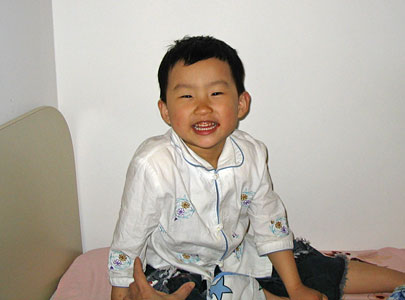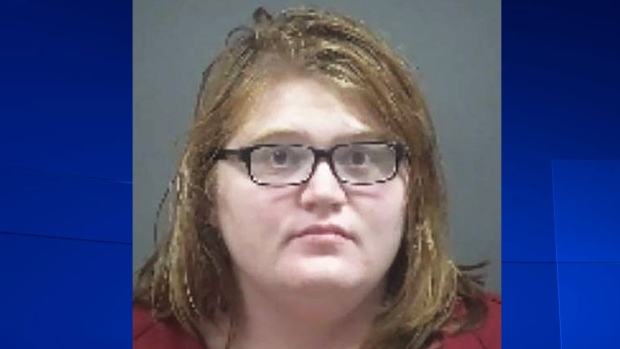![]()
Where compassion hides its face
The Toronto Star, (Canada's largest daily newspaper) by CAROL GOAR, Sep. 1, 2006
He was a nice kid. He didn't deserve to run into a voter like me.
I live in Parkdale-High Park, the west-end riding where a by-election is being fought to replace Gerard Kennedy, who resigned his seat in the provincial Legislature in May to run for the federal Liberal leadership.
An earnest young canvasser for New Democratic Party candidate Cheri DiNovo knocked on my door the other day.
He asked if I was aware there was a by-election going on. I said I was.
He asked if I had read any of DiNovo's campaign brochures. I said I had.
He tried to gauge whether I was a NDP supporter. I was unhelpful.
Finally, he asked whether I had any questions. I thought about smiling and saying no but couldn't. "Well, yes, as a matter of fact," I said. "I don't see anything in Ms. DiNovo's literature about raising social assistance rates. I'm concerned that politicians at Queen's Park are ignoring the poorest people in the province."
He agreed emphatically and told me the NDP was committed to addressing their plight.
"I can't find that in any of your party's policy statements."
He started to look nervous. "I haven't read our policies in detail since the last election," he said.
Even then, the New Democrats weren't pledging to restore welfare rates, which had been cut by 21.6 per cent by former premier Mike Harris. They were merely promising to adjust benefits to cover market rents and provide more help to people moving into the workforce.
In fairness, that was more than the Conservatives or Liberals were offering. Ernie Eves, who led the Tories to defeat, was proposing a 5 per cent increase in payments for disabled welfare recipients. Dalton McGuinty, who became premier, said his party would index social assistance to the cost of living. He hasn't done even that. As the third anniversary of the Liberal government approaches, inflation continues to erode welfare incomes.
Initially, McGuinty said he couldn't afford to protect the poor from rising prices because of the $5.6 billion deficit he inherited. Nevertheless, he found billions of dollars to pour into schools, universities and health care.
Then last spring, with the budget almost balanced, he invested $1.2 billion in roads and subways. Meanwhile, he allocated $113 million (over two years) to social assistance.
Not surprisingly, the Tories were uncritical. But the New Democrats did not raise much of an outcry either. Party leader Howard Hampton called the budget "a missed opportunity for working families."
But what about housebound single mothers raising children on social assistance that falls 53 per cent below the poverty line? What about people with disabilities living on support payments that fall 45 per cent below the poverty line? What about laid-off casual workers (who don't qualify for employment insurance) subsisting on welfare cheques that fall 68 per cent below the poverty line?
No one at the Legislature is standing up for our most vulnerable citizens.
Most voters seem to find this acceptable. It is certainly not a campaign issue in Parkdale-High Park. Conservative David Hutcheon is stressing the need to crack down on crime, cut taxes and shorten waiting lists for health care. Liberal Sylvia Watson is running on the McGuinty government's record of investing in education, health care and community policing.
Back at my doorstep, the NDP volunteer was trying gamely to answer my questions, while his partner shuffled uneasily on the sidewalk. "I can see that you need to go," I said. "Thanks for dropping by."
He suggested I call campaign headquarters and speak to DiNovo directly.
So I did. She said she was personally committed to reversing the 21.6 per cent cut in welfare rates imposed by Harris and making up the ground lost to inflation. "That is not the (NDP) caucus position, but it's certainly mine," said DiNovo, a United Church minister.
"It's one of the pre-eminent reasons I'm running. I think it's absolutely abysmal the way we treat the poorest among us."
As a journalist, I weighed the possibility that she was saying what I wanted to hear. But as a citizen, I knew that DiNovo's community record matched her words. She has opened her church to street people, she volunteers regularly at local food banks, she helps new Canadians find social services and she has many friends among the poor.
Still, it saddened me that I had to ask to find out where she stood on social assistance. I'd like to live in a riding and a province where compassion doesn't have to be downplayed.
I give the young canvasser credit. He turned me from a circumspect voter to one who bothered to pick up the phone and learn.






